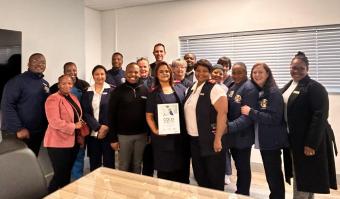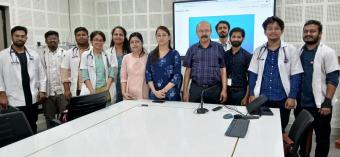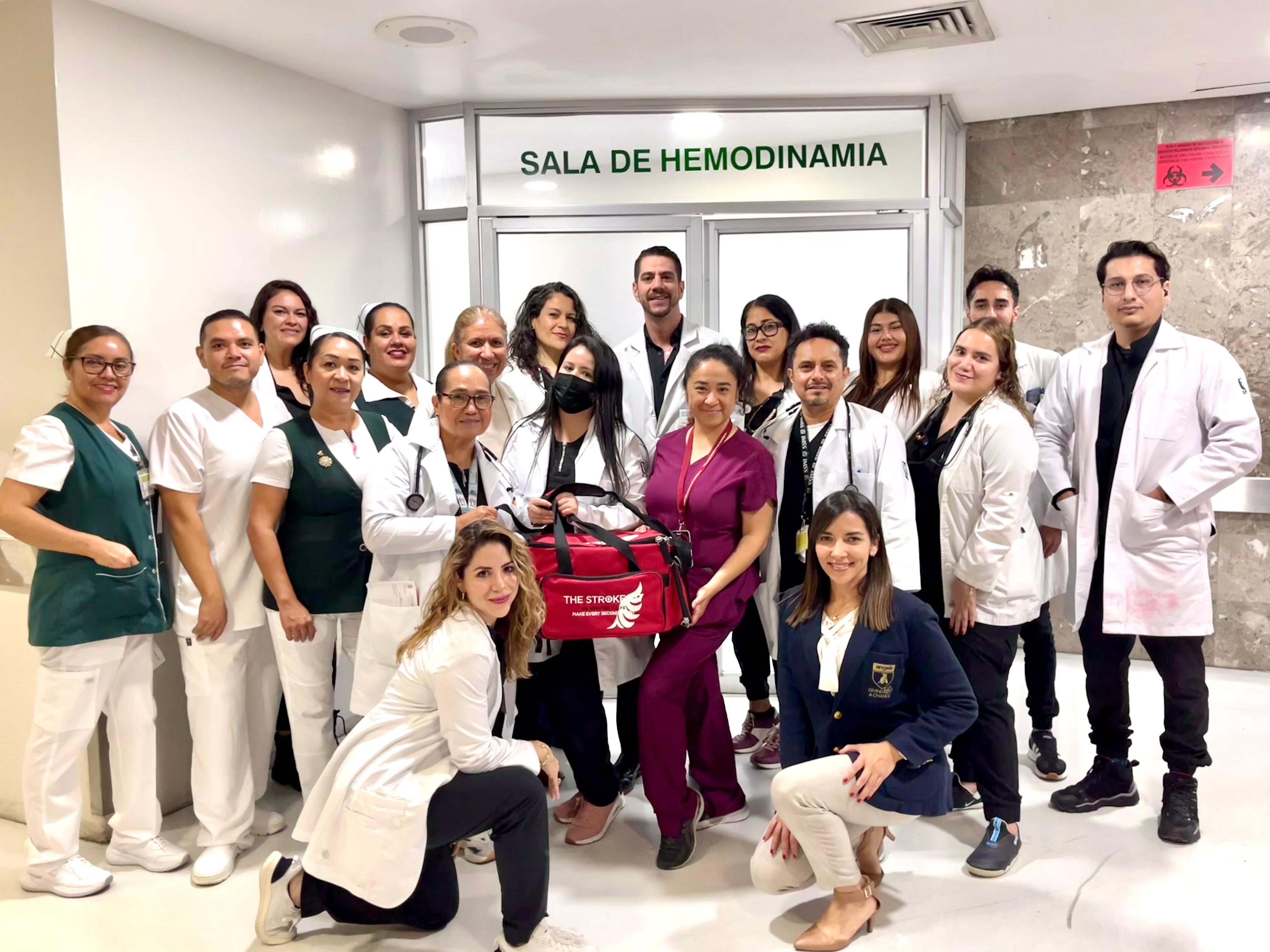
Of all the costumed crimefighters in the comic book universe, Superman is numero uno when it comes to using his superpowers for the benefit of society. No other superhero is a finer example of power and compassion; he’s the archetype by which all other heroes are measured.
The first time Dr Luis Salvador Dubois Casillas, of IMSS Regional General Hospital No. 46 in Mexico, treated a stroke patient with thrombolysis, he felt like a superhero.
“I felt very important, like Superman,” he says. The ability to treat ischemic stroke through the timely application of a clotbusting drug, felt like a superpower, and like all superpowers this one came with great responsbility.
Having the capacity to help stroke patients recover meant you had an obligation to future patients to ensure they reached your hospital as quickly as possible. And, because not every patient in Guadalajara lived within traveling distance of General Hospital No. 46, there was a duty to share this knowledge as widely as possible.
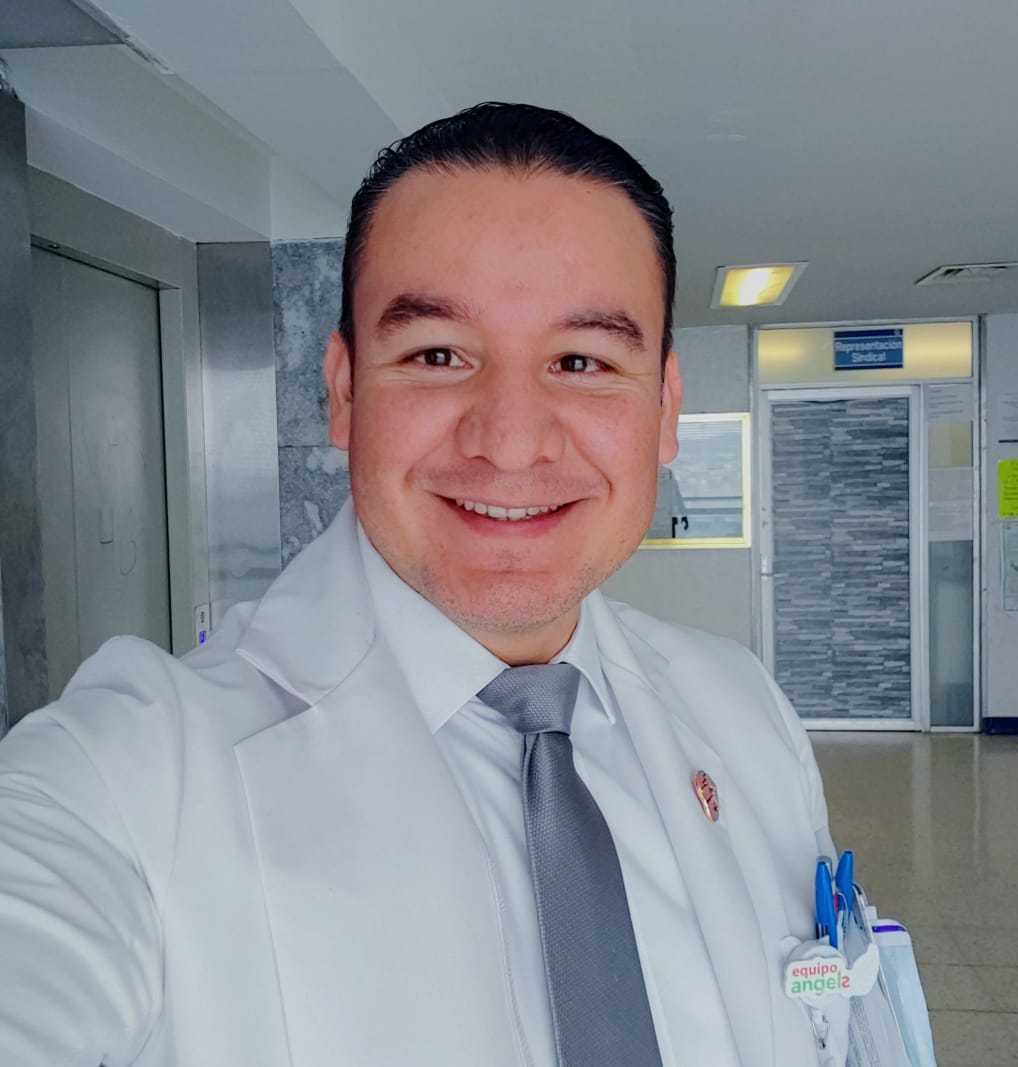
Ignorance about stroke symptoms is the reason four out of five stroke patients in Mexico fail to arrive at hospital in time to benefit from life-saving treatment. “They don’t know they are having a stroke, they may shrug it off as being the result of stress,” Dr Dubois explains. Low public awareness is the single biggest challenge to optimized stroke care in Mexico, and the reason he and the hospital’s medical supervisor, Dr Luis Arody Pulido, use every opportunity to educate the public via platforms such as radio, television, and social media.
Another priority is convincing doctors at other hospitals in the region to use their own superpowers to treat patients with stroke. “In the beginning, change was difficult because many doctors were afraid of using thrombolysis,” Dr Dubois says.
As early as 2017, he and Dr Arody joined forces with the Angels Initiative to conduct mass outreach programs, and reach out to state government agencies for support. The reward for these efforts is that more public hospitals are now treating acute stroke according to evidence-based guidelines, and more patients are getting a second chance at life.
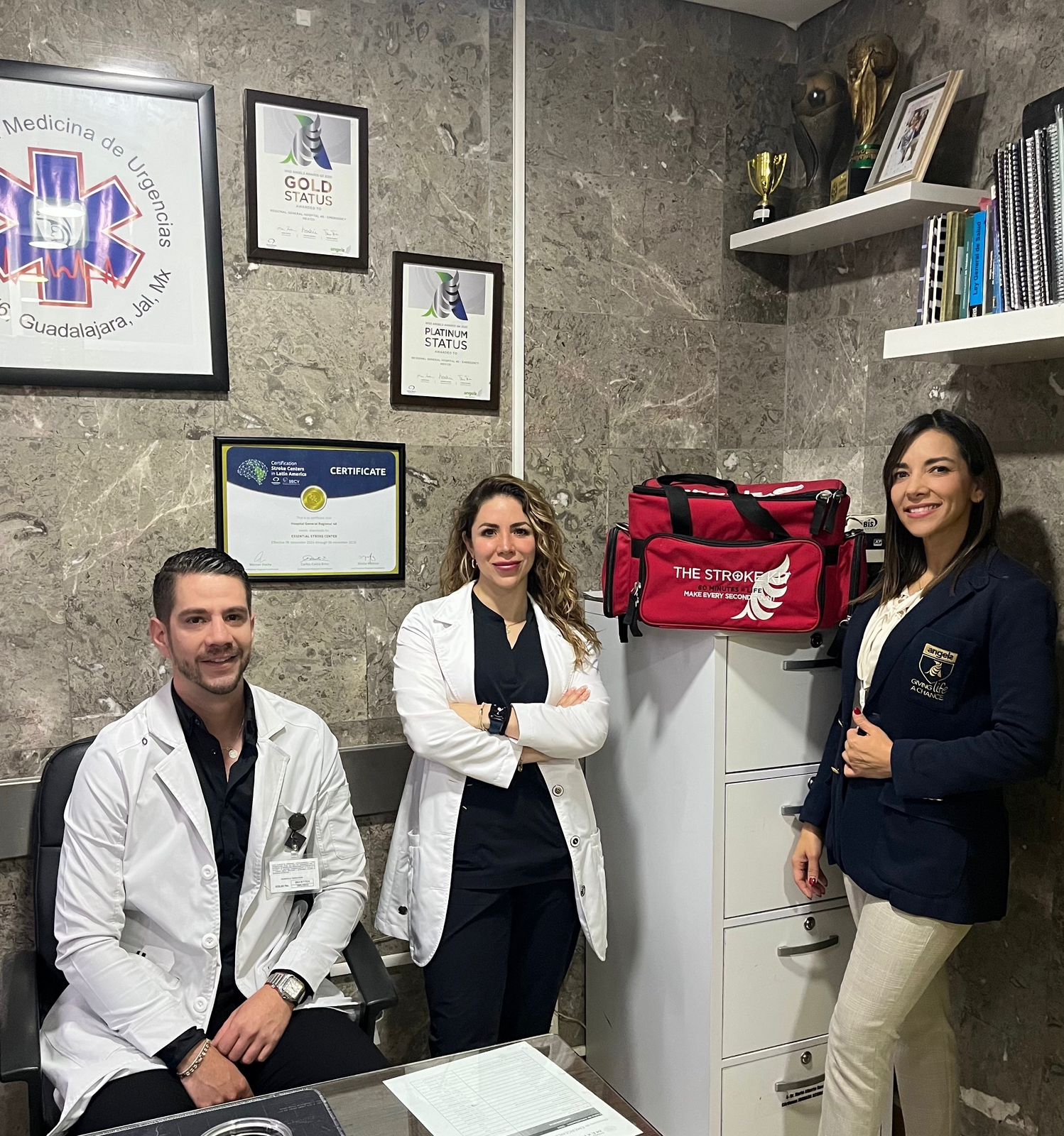
Not just tequila
Dr Dubois is chief of the emergency department at General Hospital No. 46, the position previously held by Dr Arody. When Dr Arody became medical supervisor of all Jalisco’s public hospitals three years ago, he passed on the mantle to a fellow campaigner for better stroke care; together, they have written the hospital’s name on the global map for stroke.
General Hospital No. 46 is located in Guadalajara, the largest city and capital of Jalisco, the Mexican state synonymous with tequila and mariachi. It’s a densely populated, bustling and business-friendly city, recognized among the most productive and globally competitive in the world.
At No. 46, acute stroke is managed by emergency physicians adhering to a stroke protocol honed by years of data collection and analysis. Built for speed, the optimized pathway can take a patient from door to treatment in as little as 25 minutes. Starting in 2020, it has taken No. 46 to a record-breaking 18 WSO Angels Awards – more than any other hospital in Mexico. And in July 2025, General Hospital No. 46 reached another milestone when it became only the second public hospital in Mexico to receive WSO Stroke Centre Certification.
The World Stroke Organization considers the certification of stroke centers critical for the broad implementation and monitoring of evidence-based strategies that reduce stroke mortality and disability. To become certified, hospitals are measured against stringent criteria via a rigorous process of both scale and complexity. But solving complexity is an Angels superpower. Guidance from consultant Dr Pamela Aldana and team leader Dr Brenda Rodelo was crucial to help No. 46 take their place among the top hospitals in Mexico, Dr Dubois says.
Certification has provided another talking point for news and social media platforms, and the chance to reach even more ears with their message to about stroke.
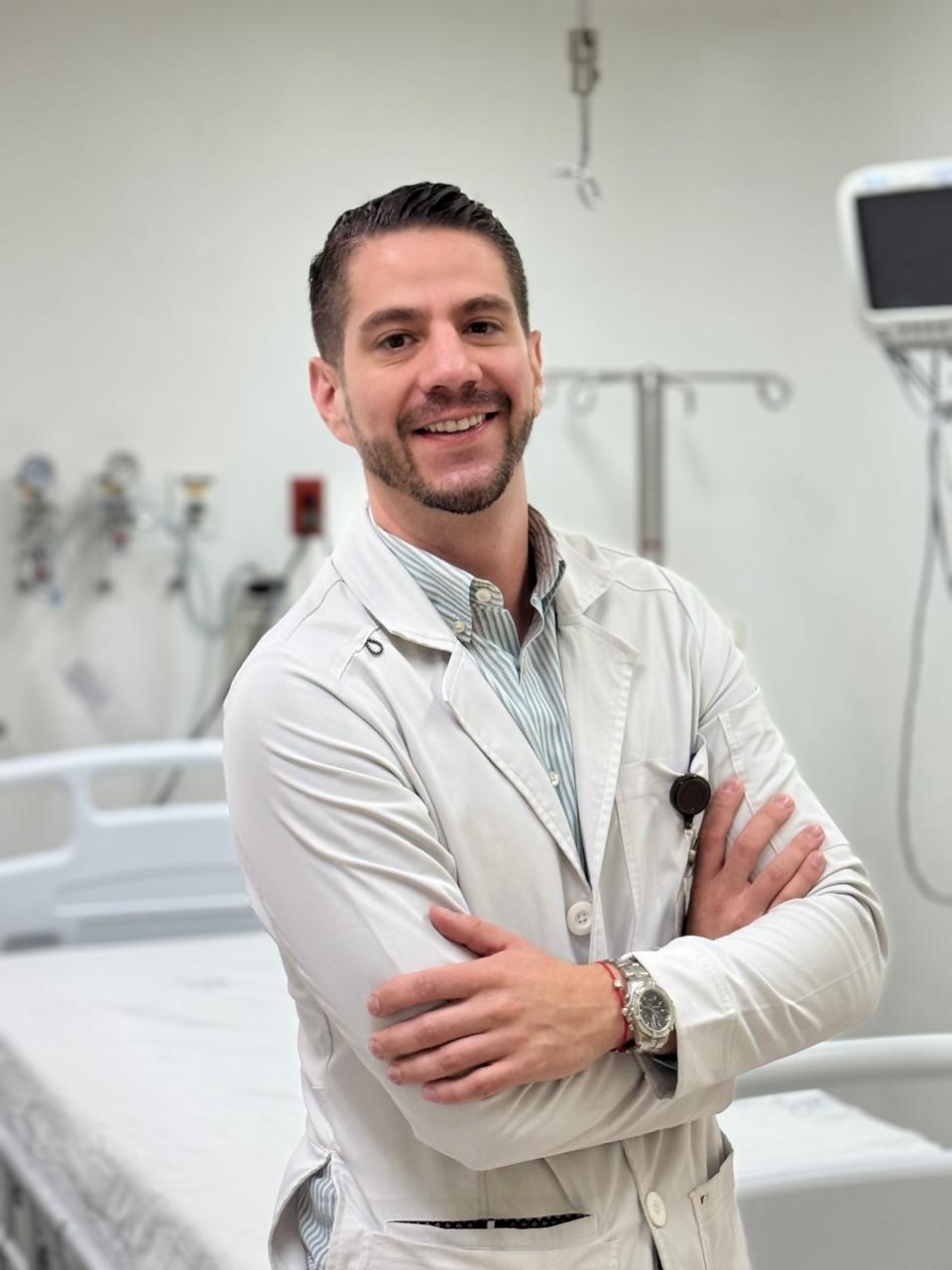
They don’t all wear capes
He is proud to be able to share his knowledge, Dr Dubois says. A desire to be of service to society drew him to medicine, but his interest in and dedication to stroke grew out of personal loss.
He was a 30-year-old resident when his beloved grandmother suffered a stroke. The symptoms were overlooked, the disease went untreated, and in the end, the absence of knowledge and awareness cost her precious life. “That’s why I am working to ensure more stroke patients are diagnosed and treated to restore their vitality and independence,” Dr Dubois says. “Let’s remember, every patient is a life, the life of an important family member – a mother, a father, a sibling or grandmother. If they’re not properly cared for, their absence will leave a mark on the entire family.”
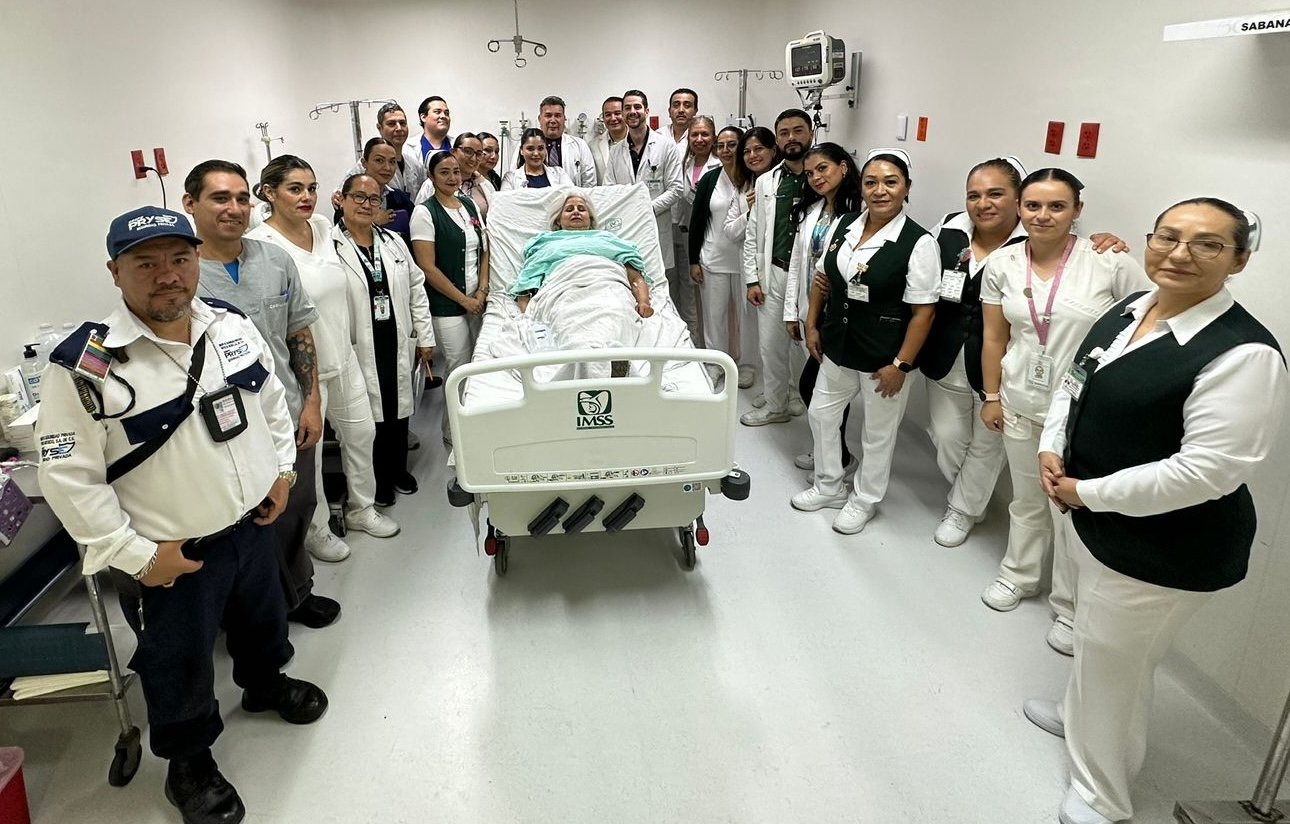
Lack of knowledge may drive Dr Dubois’s commitment to more and better stroke care, but he is equally motivated by success. Since witnessing his first thrombolized patient’s regain their abilities made him feel like Superman, results have never failed to motivate this service-driven doctor intent on sharing his super powers with the world.
And it’s not just him. As an advocate for change, Dr Dubois has learnt that results are an effective countermeasure to resistance. “The better the results, the more motivated people become,” he says.


